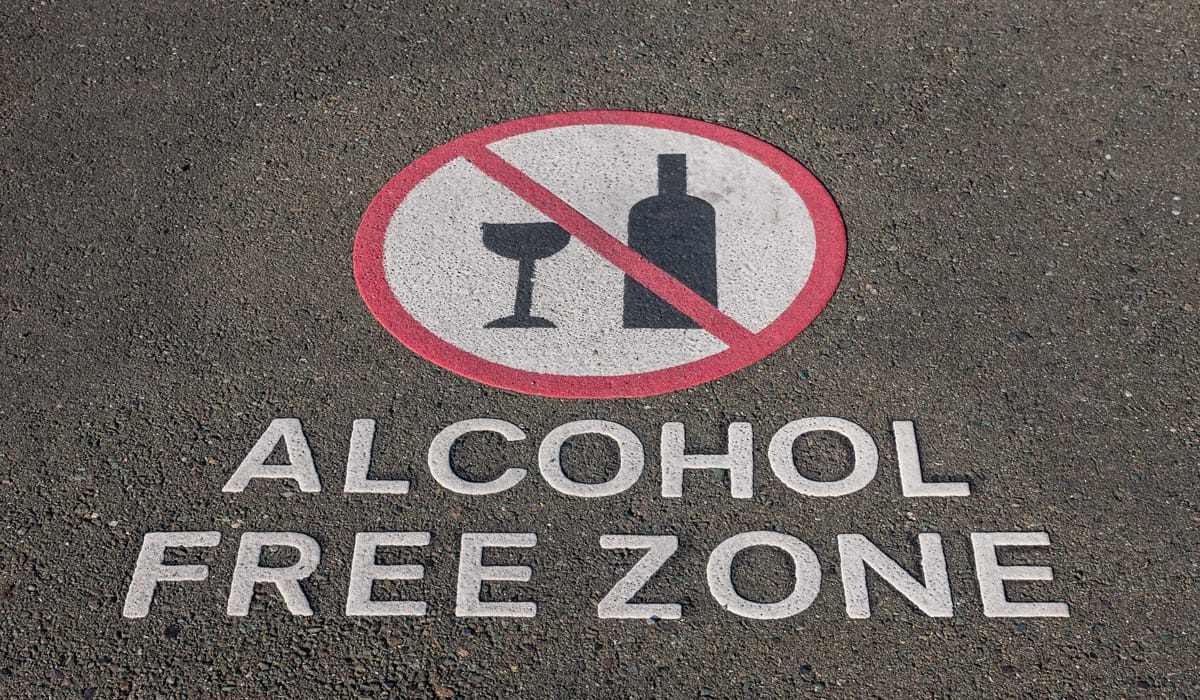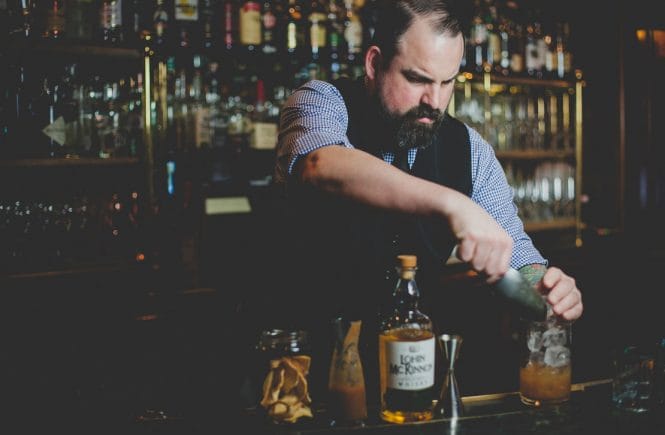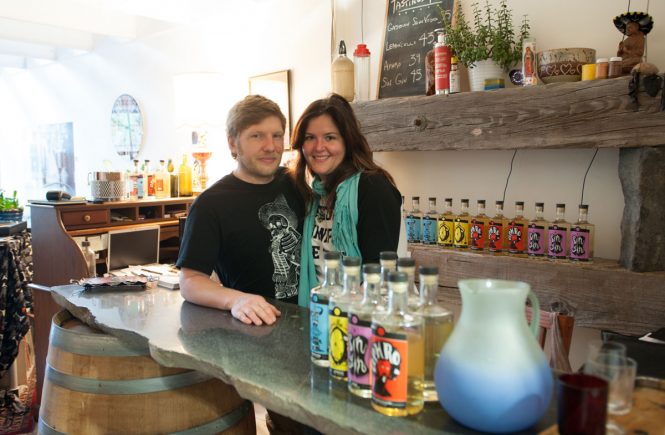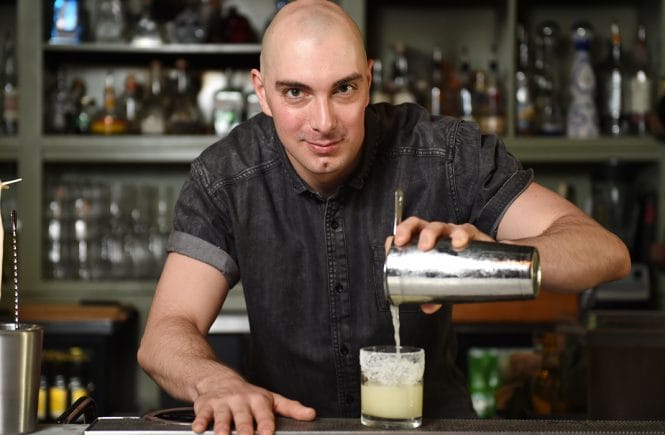
Call this the month of reckoning. After a festive season of giddy indulgence, many of us are rediscovering the gym, swapping shortbread for lentils, and giving up booze throughout the 31 long, dark days of January.
Starting the New Year dry isn’t a new idea – the Finnish government launched a Sober January as far back as 1942, as part of the war effort – but the idea really started taking off in 2012, when the UK charity Alcohol Concern made it an official thing. By 2016, the agency reports, one in six Britons was taking part in Dry January.
On this side of the pond, Ontario’s Centre for Addiction and Mental Health leads the official Dry January campaign in Canada; you can register at DryJanuary.ca, but most people just go ahead and do it without ceremony.
It’s not a bad idea: Cutting back on booze can help you lose weight, save money, sleep better, and focus more sharply at work. The Dry January site even has an – ahem! – sobering calculator that lets you see how much you’ll save by reducing your alcohol intake; for instance, if you cut out just one glass of wine a night, you may save $90 and nearly 6,000 calories in a month.
Even better? If you’re not drinking, you don’t have to worry about driving, and that means this is the perfect month for a road trip. And if you point your car up the Sea-to-Sky Highway to Squamish, David Warren is waiting for you with a whole list of delicious non-alcoholic concoctions.

Warren is the bar manager at the Salted Vine Kitchen + Bar, the mountain town’s first truly gourmet restaurant. It’s helmed by a trio of former Araxi alumni, including executive chef Jeff Park, sommelier/director Pat Allan, and Warren, who previously worked at the Galiano Oceanfront Inn and Spa, as well as the Oak Bay Beach Hotel in Victoria. Here, Warren has complied an impressive list of boozy cocktails named for local hiking and biking trails, like the mezcal-based Two Stroke Smoke, which comes with an “oil slick” of Fernet Branca. But he’s also concocted some exciting non-alcoholic drinks that go well beyond the boring old cranberry-and-soda.
“I just think that a lot of people, by choice these days, don’t want to drink,” says Warren. “It’s nice to have a drink that’s still got that wow factor. It’s nice to have that delicious drink that makes you feel part of the party.”
Many of his drinks are based on tea – “I’m from Victoria,” he explains, with a laugh – as well as the drinking vinegar known as a shrub. If you haven’t yet discovered the joys of the shrub, you’re in for a treat. Originating in 17th-century England, when vinegar was often used instead of citrus juices (especially for preserving foods), it’s a legitimately old-school drink made from a syrup of fruit, sugar and vinegar. It’s easy to enjoy just stirred with soda water, and it’s even better in a cocktail, with or without alcohol.
Warren makes several different shrubs, including a pineapple shrub with chilies that plays a starring role in his Pomegranate Green Tea Punch. This is a long, cool drink that’s fruity and spicy, with a beautiful balance of sweetness and acidity, and a surprisingly deep complexity for a drink without a spirit base. “We also do punchbowls, and we can do those in a non-alcoholic version,” he says, noting that he’s planning to expand his non-alcoholic cocktail list this spring. It’ll make for something refreshing to enjoy on the sunny patio after a day of scaling the nearby Stawamus Chief or riding the local trails – even though Dry January will be long over by then.
—by Joanne Sasvari




